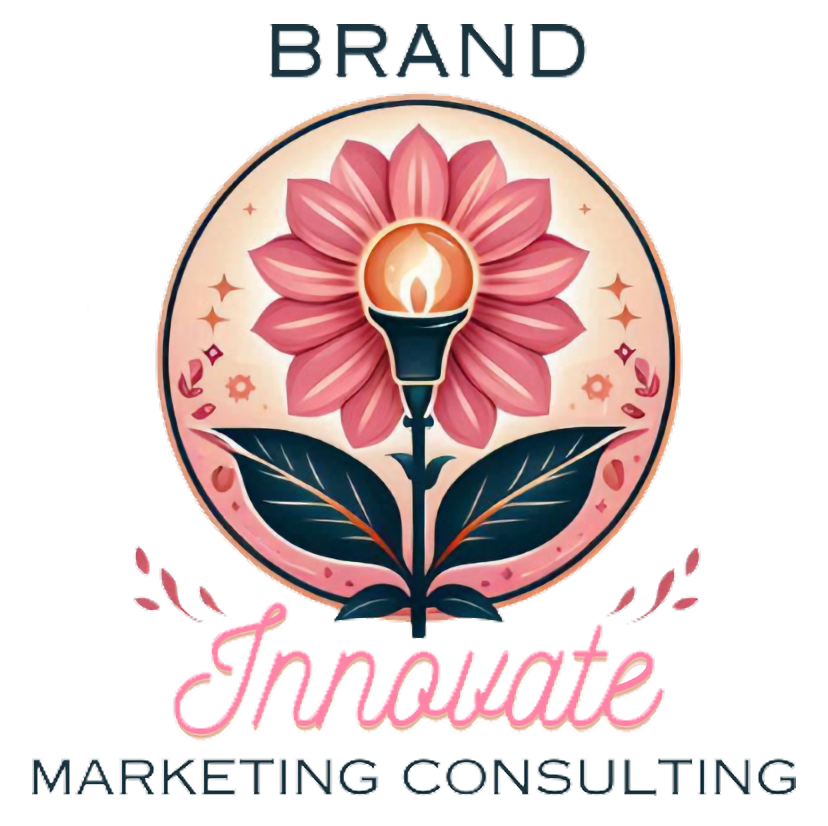A skilled marketing consultant should have a strong grasp of various marketing strategies to cater to diverse business needs. Here’s a breakdown of key types of marketing strategies they should know:
1. Digital Marketing
-
- SEO (Search Engine Optimization): Enhancing website visibility through keywords, content optimization, and technical improvements.
- PPC (Pay-Per-Click) Advertising: Running targeted paid campaigns on platforms like Google Ads or social media to drive traffic and conversions.
- Social Media Marketing: Using platforms like Instagram, LinkedIn, or TikTok to build brand awareness and engage audiences.
- Email Marketing: Nurturing customer relationships through personalized email campaigns and drip sequences.
2. Content Marketing
-
- Creating and distributing valuable content to attract and retain a clearly defined audience. This includes blog posts, infographics, videos, and eBooks.
- Developing thought leadership strategies to position businesses as industry experts.
3. Branding and Positioning
-
- Crafting a strong brand identity that resonates with the target audience.
- Developing a unique value proposition (UVP) and market positioning to differentiate the business from competitors.
4. Inbound Marketing
-
- Attracting customers through content and interactions that are helpful and non-intrusive, such as blogs, social media, and SEO-focused efforts.
- Converting leads through call-to-action strategies and landing pages.
5. Outbound Marketing
-
- Leveraging traditional and digital channels like cold emails, direct mail, and display ads to reach potential customers directly.
6. Data-Driven Marketing
-
- Utilizing data analytics to track campaign performance and optimize strategies based on insights.
- Implementing tools like Google Analytics, CRM systems, and heat maps for customer behavior analysis.
7. Local and Niche Marketing
-
- Creating strategies specifically tailored to local audiences, such as Google My Business optimization and community engagement.
- Developing specialized campaigns for niche markets with unique needs and preferences.
8. Event Marketing
-
- Planning and promoting in-person or virtual events to engage audiences, build brand awareness, and generate leads.
- Utilizing webinars, trade shows, or product launches.
9. Partnership and Influencer Marketing
-
- Collaborating with influencers or other brands to reach wider audiences.
- Building co-marketing campaigns that align with brand values.
10. Retention and Loyalty Programs
-
- Designing campaigns aimed at retaining customers and fostering loyalty, such as rewards programs and exclusive offers.
A marketing consultant should adapt these strategies to fit your business goals, industry, and audience. Their ability to combine creativity, data, and expertise ensures that your business reaps the benefits of a well-rounded marketing plan. Which of these strategies are you most interested in exploring?
